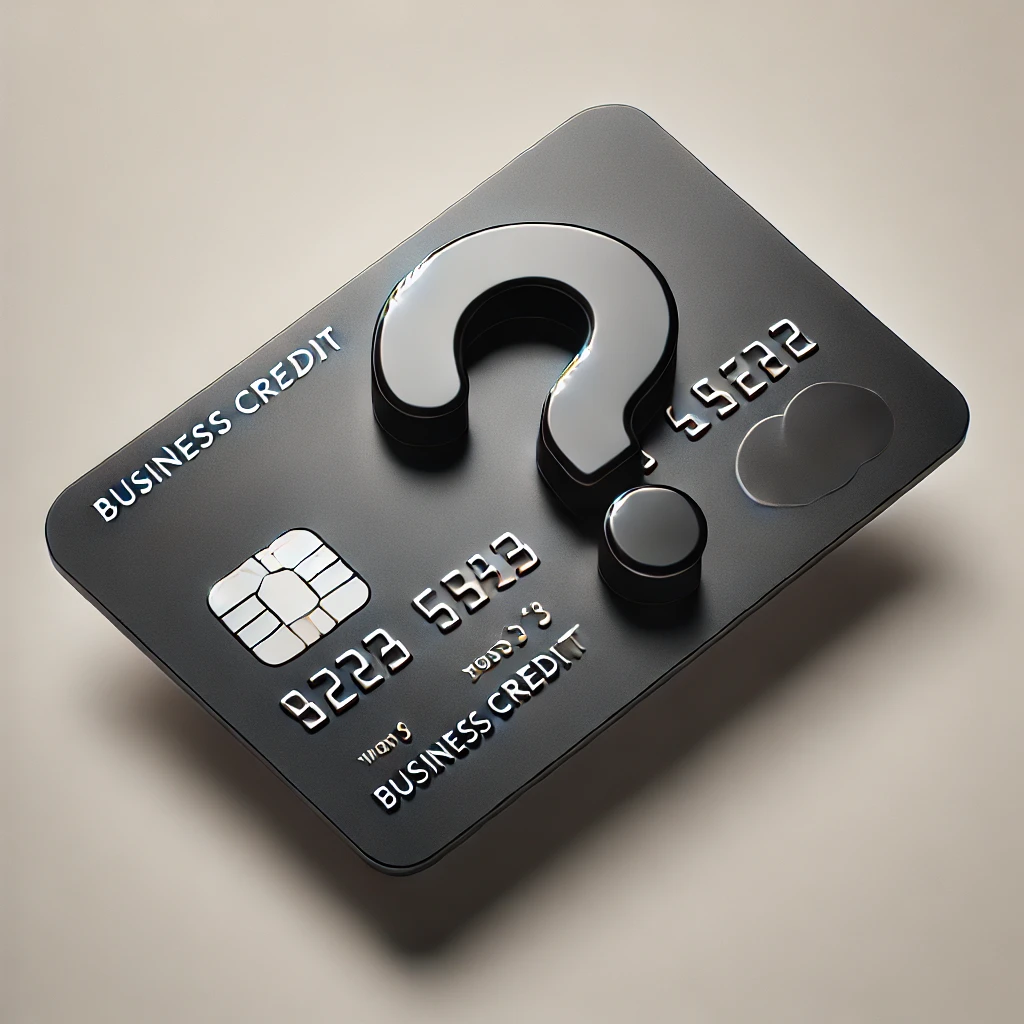It all started over a cup of coffee with a friend who mentioned that he’d just been approved for a business credit card. I was intrigued. “But I don’t have a formal business,” I thought. Still, the idea of earning higher rewards on everyday purchases was tempting. Could I, with just a side gig and a dream, actually qualify for a business credit card? I decided to dig deeper and was surprised by what I found. It turns out, you don’t need to own a large corporation or even have an LLC to be eligible for a business credit card. Let’s explore what it really takes to qualify and why it might be easier than you think.
What Qualifies as a Business?
1. Side Gigs and Freelancing
- Freelancing and Consulting: If you make money through freelance work, consulting, teaching or even gig economy jobs like driving for Uber or delivering food, you may already qualify as a business. The IRS considers any activity that you engage in with the intent to make a profit as a business.
- Selling Products: Whether you sell handmade crafts on Etsy/ebay, tutor people after school, or run a small e-commerce site, these activities qualify as a business. Even if you’re just testing the waters, your intention to make a profit is enough to qualify for a business credit card.
2. Sole Proprietorships and Informal Businesses
- No Formal Structure Required: You don’t need to incorporate or register an LLC to get a business credit card. Operating as a sole proprietor allows you to apply using your Social Security Number (SSN) rather than an Employer Identification Number (EIN).
- DBA (Doing Business As): If you operate under a business name that is different from your legal name, you can still apply for a business card using a “Doing Business As” (DBA) name. This is common for small and informal businesses.
3. Startups and New Ventures
- New Businesses: Even if your business hasn’t made any money yet, you can still apply for a business credit card. Many card issuers are willing to approve applicants based on the potential of the business and the personal creditworthiness of the owner.
- Business Intent: You can qualify for a business card even if you’re in the early stages of starting a business. Your application might include projections of future revenue, and some issuers are willing to support startups that show promise.
How to Apply and What They Look For
1. Personal Credit Score
- Personal Guarantee: Business credit cards usually require a personal guarantee, meaning that your personal credit score is a key factor in approval. Your personal credit score is often the primary metric used by issuers to determine your eligibility.
- Credit Score Range: Most business credit cards require a good to excellent credit score, typically 670 or higher. However, some cards may be more lenient depending on other factors like income and business revenue.
2. Business Income and Revenue
- Revenue Projections: You’ll need to provide an estimate of your business’s annual revenue during the application process. For new businesses or side gigs, this can be a projection rather than historical data.
- Combined Income: Some card issuers allow you to include your personal income along with your business revenue. This is particularly useful for those with small or new businesses that may not yet generate significant income.
3. Business and Personal Liability
- Personal Liability: Since most business credit cards require a personal guarantee, any debt incurred on the card is your responsibility, even if the business fails. This underscores the importance of maintaining good personal credit.
- Building Business Credit: Although your personal credit is the basis for approval, using a business credit card responsibly can help you establish and build a separate business credit profile over time.
Benefits of a Business Credit Card
1. High Rewards and Perks
- Business-Specific Rewards: Many business credit cards offer higher rewards for typical business expenses like office supplies, advertising, travel, and telecommunications. These rewards can significantly boost your earnings if you use the card strategically.
- Welcome Bonuses: Business cards often come with lucrative sign-up bonuses, sometimes offering thousands of points or cashback after meeting minimum spending requirements. These bonuses can be more substantial than those offered by personal credit cards.
2. Managing Business Expenses
- Separation of Finances: A business credit card allows you to separate your business and personal expenses, making it easier to track business expenditures and manage your accounts.
- Employee Cards: Most business credit cards offer the option to add employee cards at no extra cost. You can set individual spending limits, which helps manage expenses across your team while earning rewards on all purchases.
3. Establishing and Building Business Credit
- Build Business Credit: Using a business credit card responsibly helps you establish and build a business credit profile. This can be invaluable when applying for business loans or other types of financing in the future.
- Access to Higher Credit Limits: Business credit cards often come with higher credit limits compared to personal cards, providing the financial flexibility needed to manage cash flow and invest in business growth.
Common Misconceptions About Business Credit Cards
1. You Don’t Need a Full-Fledged Business
- Side Hustles Absolutely Qualify: Many people believe they need a large, established business to qualify for a business credit card, but even small side hustles can make you eligible. As long as you have an income-generating activity, you can apply.
- No Need for a Business Tax ID: While having an Employer Identification Number (EIN) is helpful, it’s not required. Most business credit card applications can be completed using your SSN.
2. Business Cards Aren’t Just for Established Entrepreneurs
- Startups and New Ventures: Even if you’re just starting, business credit cards can provide the financial resources needed to get your venture off the ground. The key is to demonstrate intent to earn a profit and show that you have a plan in place.
- Personal Credit is Key: Your personal credit score plays a significant role in the approval process, so maintaining good credit is crucial even if your business is new.
Conclusion: Are You Ready to Apply?
If you’ve got a side gig, a freelance job, or even a small business idea you’ve been working on, you might already be eligible for a business credit card. With the potential for higher rewards, better expense management, and the opportunity to build business credit, applying for a business card could be a smart move for your financial future. So, take a closer look at your situation—because that dream of owning a business card might be closer to reality than you think.




